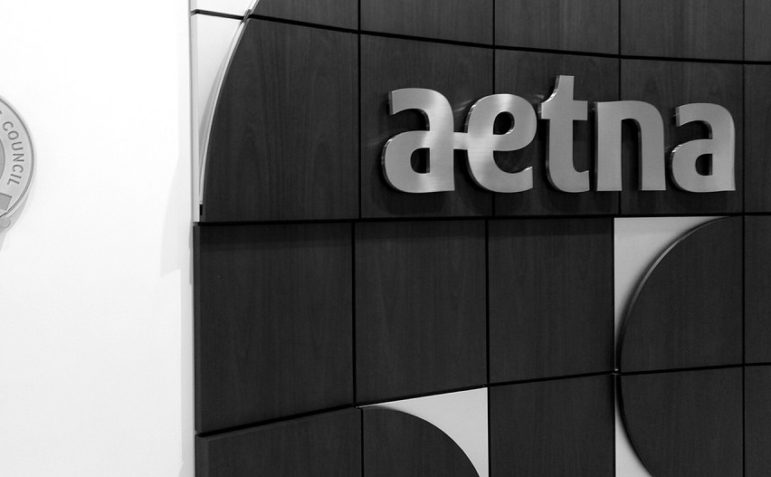
August 16, 2016; NPR, “Shots”
NPQ has covered the costs to establish the state-based marketplaces and the closing of most of the health insurance CO-OPs, or “consumer-oriented and operated plans,” implemented as part of the Affordable Care Act. We have also covered the plight of insurers participating in the state health care insurance exchanges. Now, Aetna has announced its decision for 2017 to withdraw from 70 percent of the exchange markets in which it sold policies in 2016.
On the surface, the reason for Aetna’s decision isn’t hard to understand. The giant insurer lost $430 million in the first six months of 2016. The three key reasons cited—by the insurers themselves as well as federal government spokespeople—for the losses include underpricing insurance at the time the exchanges opened, finding that people buying insurance on the exchanges required more covered medical care than anticipated (a phenomenon referred to as “adverse selection”), and the lack of funding available through “risk corridors.” Risk corridors were included in the ACA as a way for profitable insurers to assist unprofitable ones adjust to the new insurance market which now includes guaranteed acceptance and broader required treatment coverage.
However, as HHS officials point out, Aetna’s decision is an about-face from its position a few months ago. As NPR reports:
In April, [Aetna CEO Mark] Bertolini called the marketplace plans “a good investment” because it would have cost the company far more than $430 million to try to attract that many customers.
Sign up for our free newsletters
Subscribe to NPQ's newsletters to have our top stories delivered directly to your inbox.
By signing up, you agree to our privacy policy and terms of use, and to receive messages from NPQ and our partners.
“If we were to build out 15 markets, it would cost us somewhere between $600 million to $750 million to enter those markets and build out the capabilities necessary to grow that membership,” he said on the company’s April earnings conference call with analysts.
Sen. Elizabeth Warren (D-MA) believes that Aetna’s policy change is a reaction to the U.S. Justice Department’s recent decision to sue to stop Aetna’s proposed merger with Humana. At the same time, the government announced a lawsuit to stop Anthem from purchasing Cigna. “The health of the American people should not be used as a bargaining chip to force the government to bend to one giant company’s will,” she said.
The healthcare market is in the process of consolidating, whether one is looking at hospital systems, provider networks, or insurance companies. In fact, many formerly independent hospitals have become components of “integrated health care delivery systems” that include multiple hospitals, healthcare providers, clinics, and their own insurance companies. The ACA’s model of whole population health management as a major component of wellness promotion and cost containment encourages mergers and acquisitions, though the Federal Trade Commission sometimes enforces antitrust law against such moves. Regulators and ACA proponents see the value in consolidation while also fearing that the federal government may lose bargaining power as formerly competing healthcare providers and insurers become fewer and larger.
As more insurance companies are applying to states for health insurance rate increases for 2017, and as insurers continue to leave the exchanges, it remains to be seen how many people will continue to purchase policies on the exchanges. If purchases hold steady or even increase during the upcoming open enrollment period, then the exchanges will likely sustain themselves, according to Larry Levitt at the Kaiser Family Foundation. “If not, expect a debate about fixes to the law.”—Michael Wyland













